The recent detention of a journalist is the latest example of Iran silencing the press, writes Jason Rezaian for the Washington Post
Iran has long been a leader in the ugly industry of silencing journalists within and beyond its borders, but Saudi Arabia’s murder of Jamal Khashoggi inside the kingdom’s consulate in Istanbul earlier this month eclipses even Tehran’s depraved treatment of reporters.
Theoretically, the Saudis’ blunder could give Iran a rare opportunity to improve its international standing by correcting its abysmal record on free expression and distancing itself from the growing repression of the media by its Arab and Turkish neighbors.
Early indications, though, are that Iran is determined to continue its tradition of silencing reporters on the flimsiest charges. The detention of journalist Pouyan Khoshhal is the latest example.
He was arrested, according to Tehran’s prosecutor, for a single word that appeared in an article in which he warned his readers how to avoid catching preventable diseases when millions take part in an annual Shiite pilgrimage to Karbala, Iraq, on Oct. 30.
It wasn’t this useful piece of public service journalism that led to his arrest. Nor was it the possibility that his advice on potential health risks might deter pilgrims from taking part.
Rather it was Khoshhal’s decision to refer to Hussein’s death as a “passing away” rather than “martyrdom,” which is how the event is described in religious — and, therefore, official — terms.
Khoshhal’s arrest comes just a day after David Kaye, the United Nations Special Rapporteur on Freedom of Opinion and Expression, delivered a scathing speech on Iran’s ongoing mistreatment of journalists.
It’s Iran’s targeting of journalists living abroad — specifically threats and legal action against nearly 150 employees of the BBC’s Persian service based in the U.K. and the U.S. — that has elevated the United Nations’s concerns.
Read the full article from the Washington Press
visit the accountability section
In this section of Iran Wire, you can contact the officials and launch your campaign for various problems




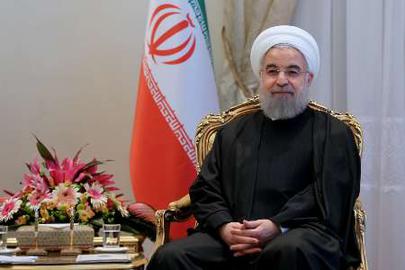

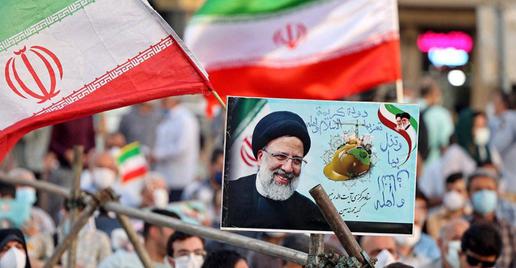



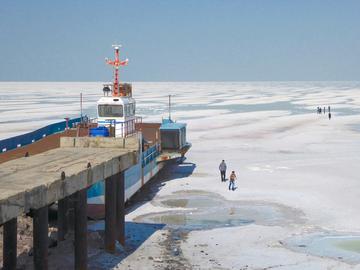
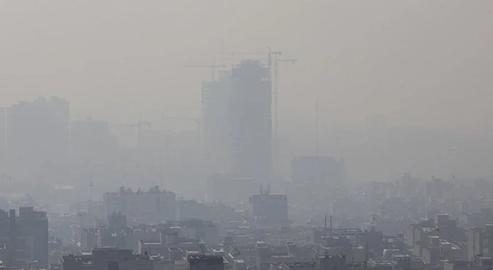
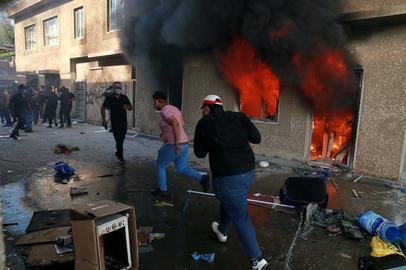

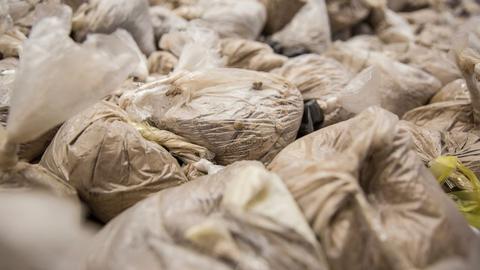
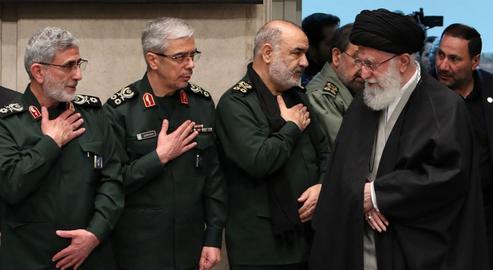
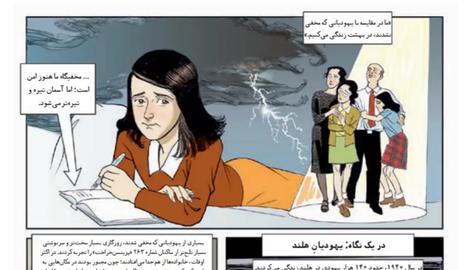
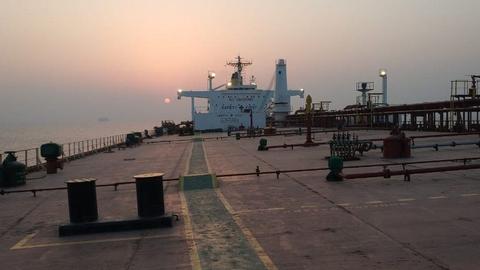

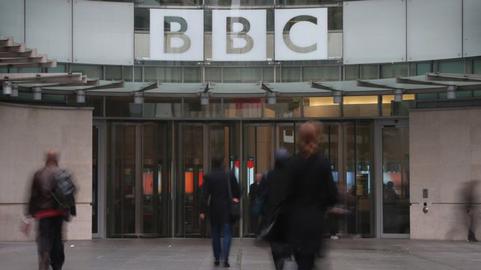
comments